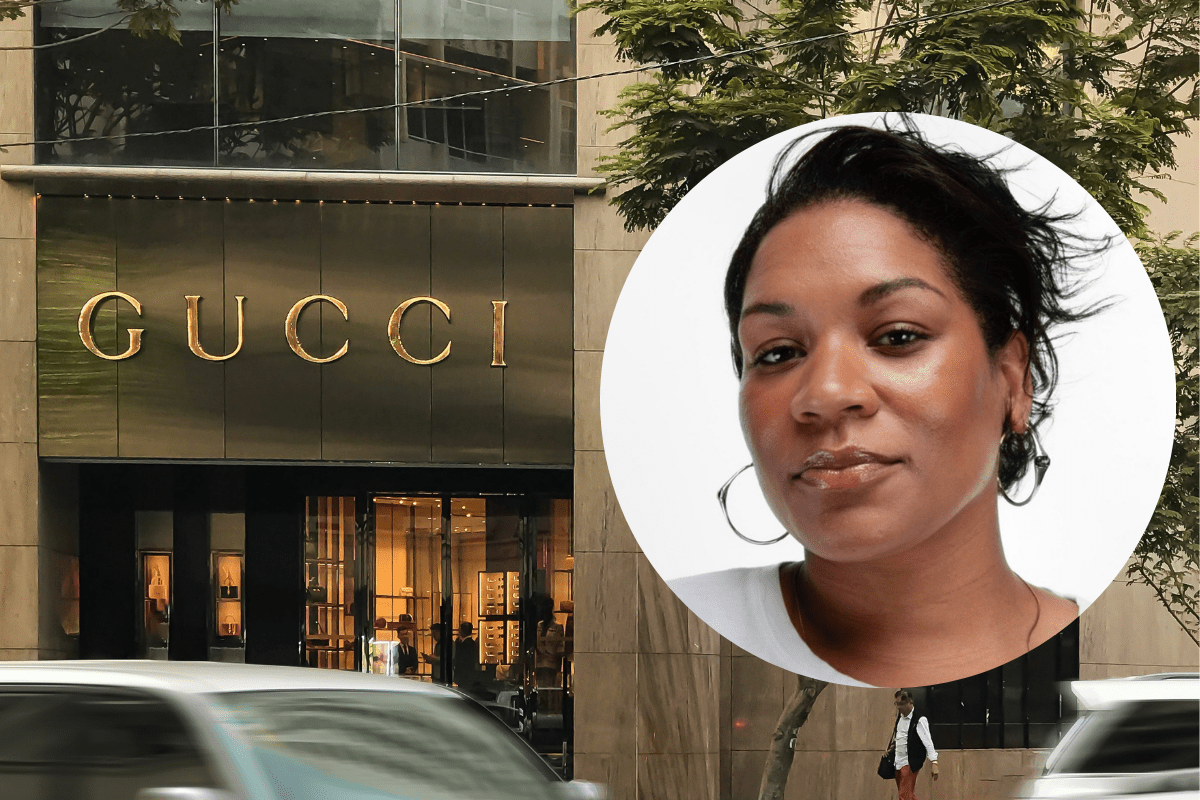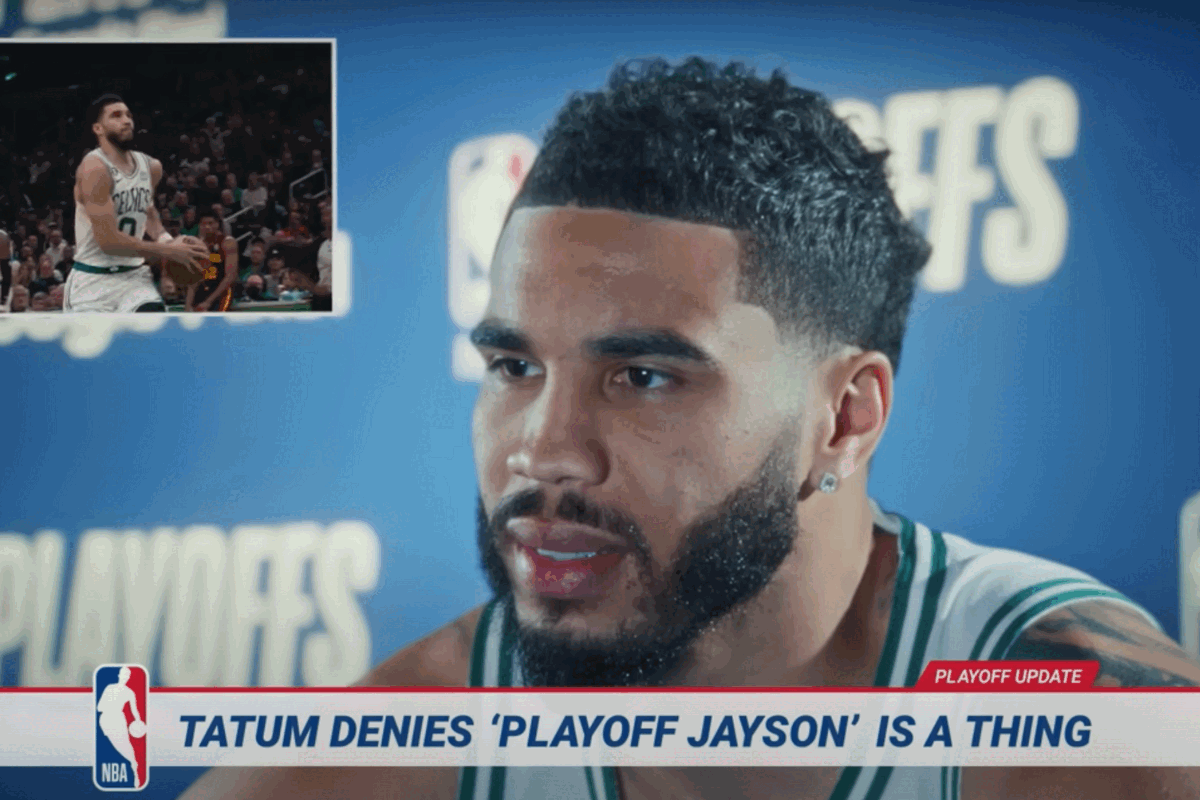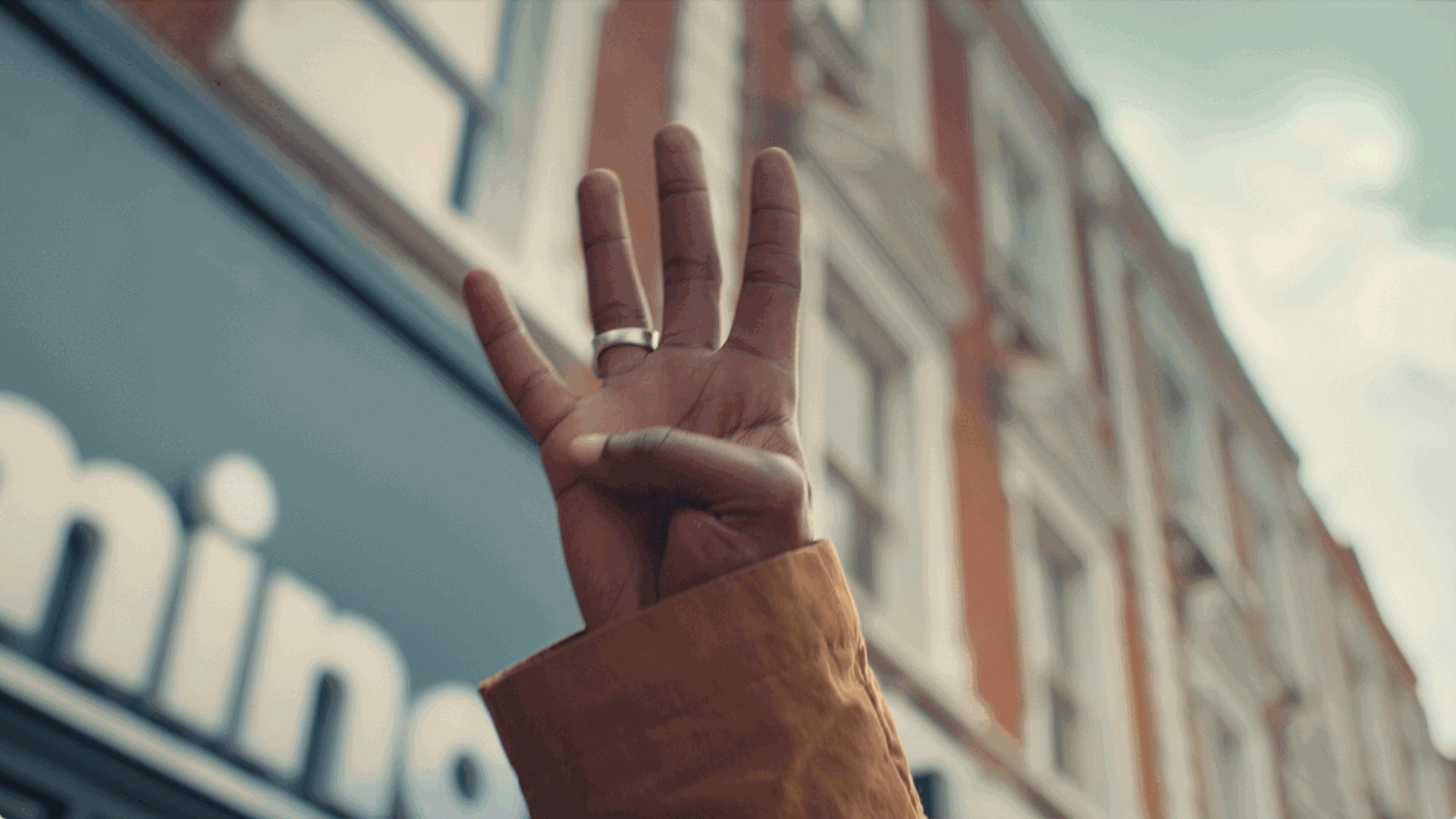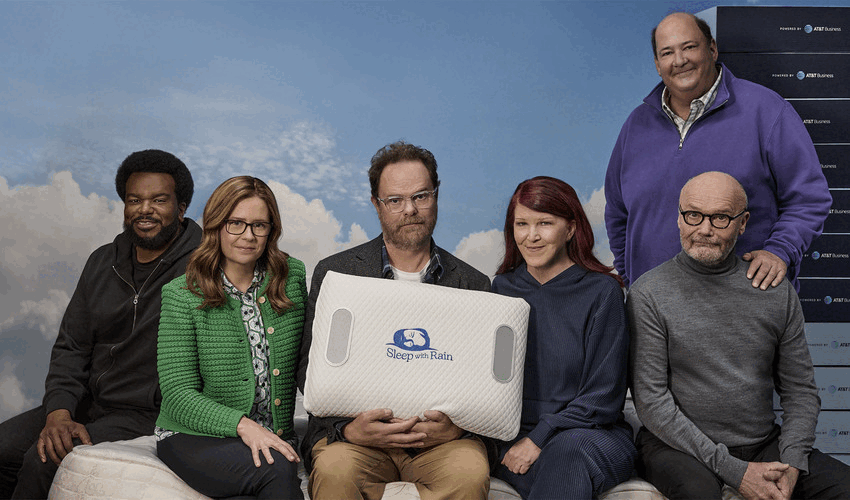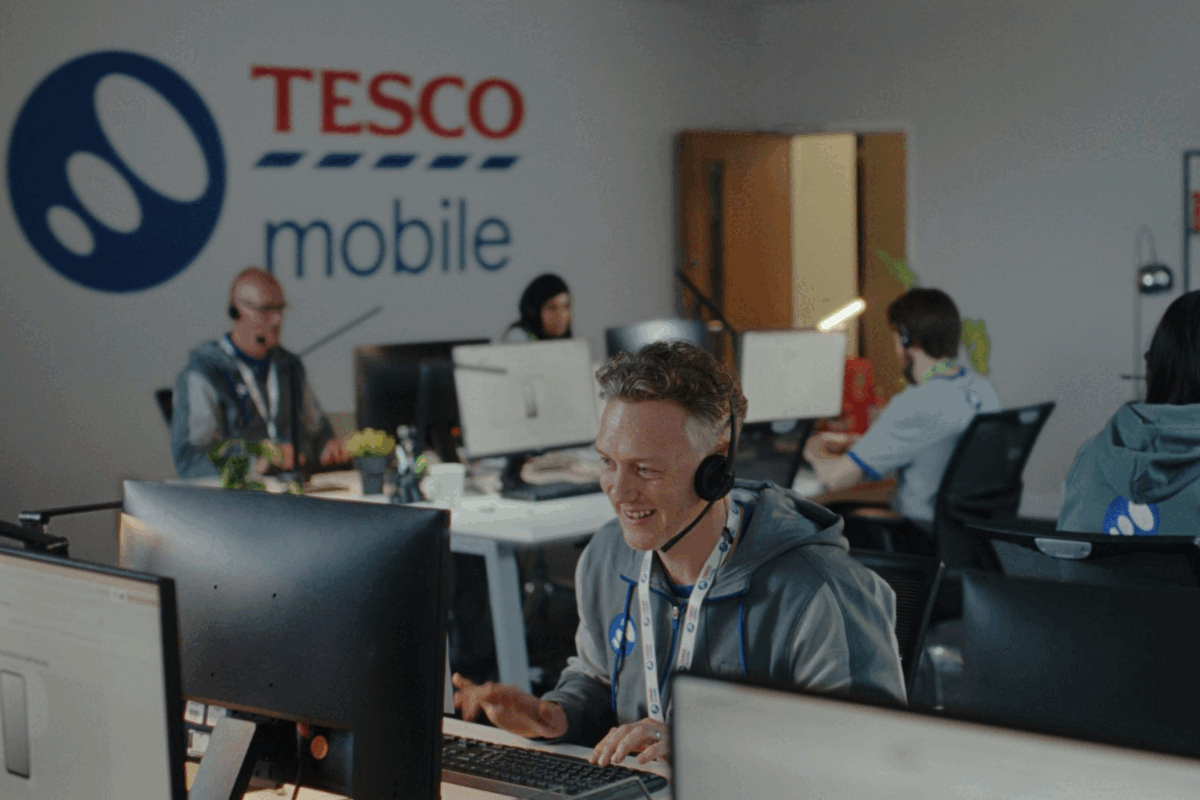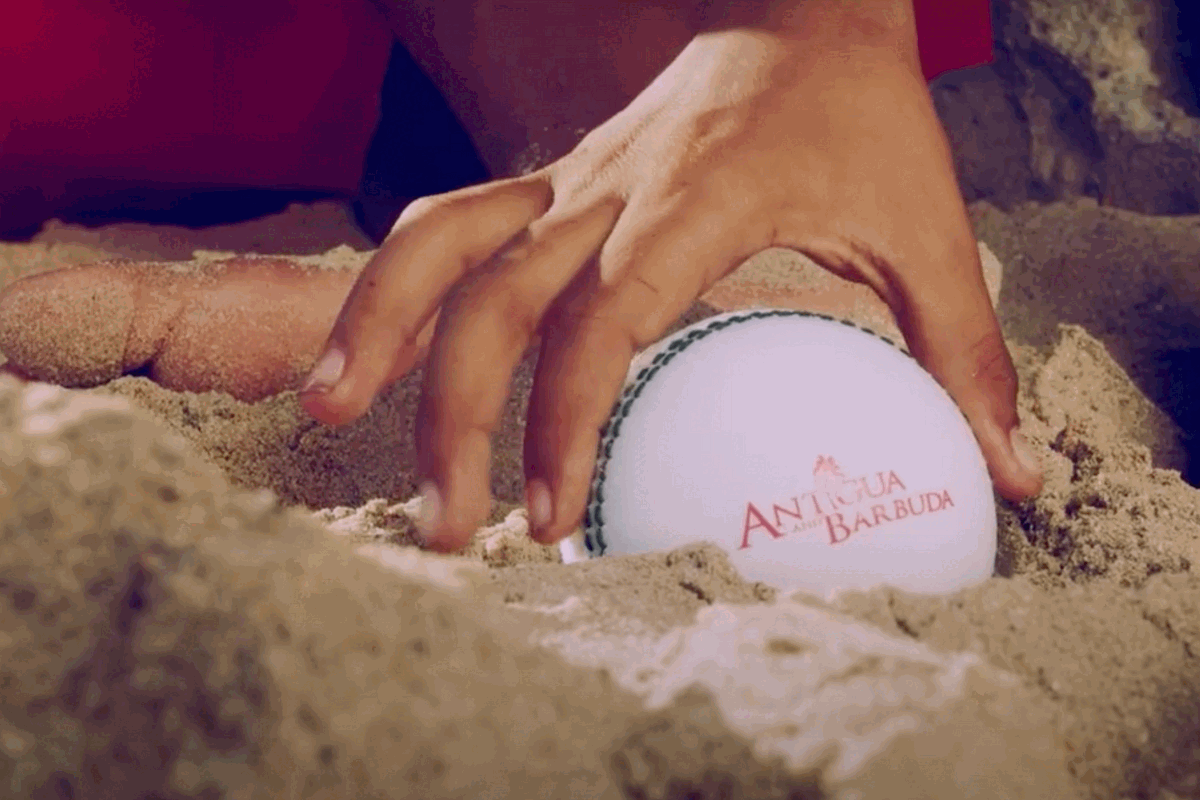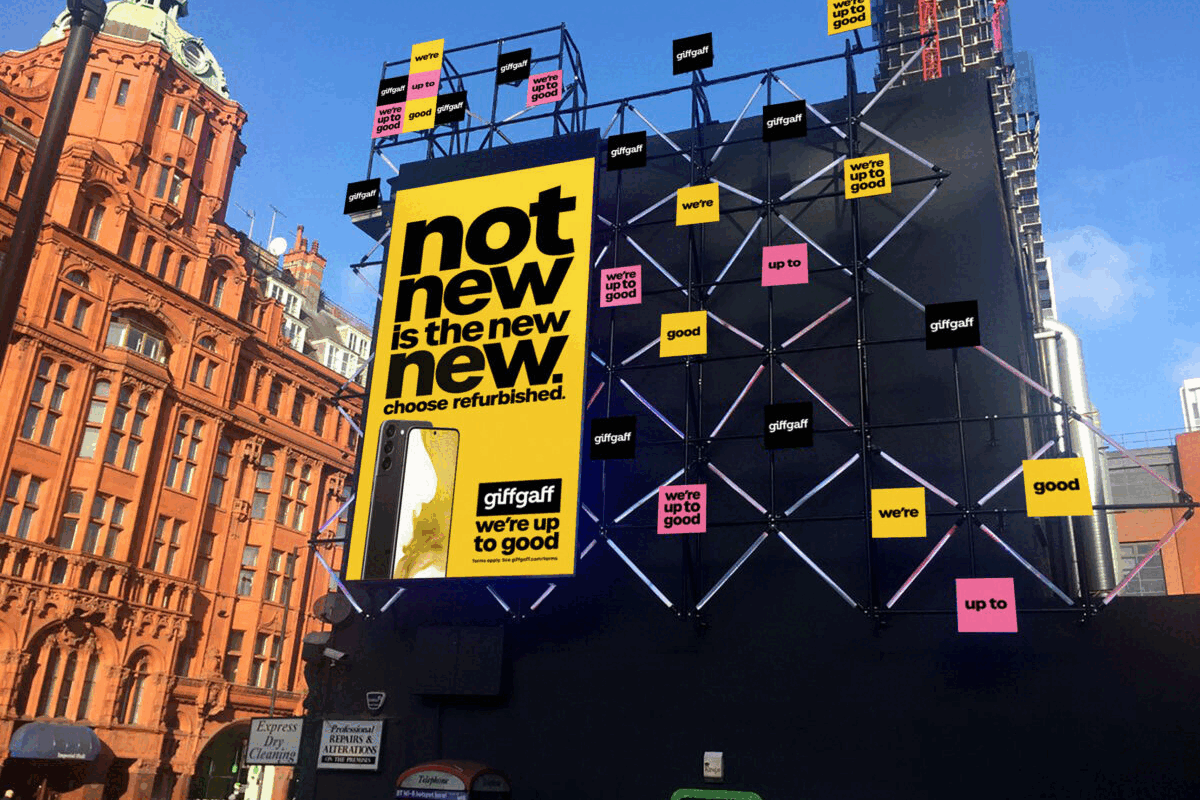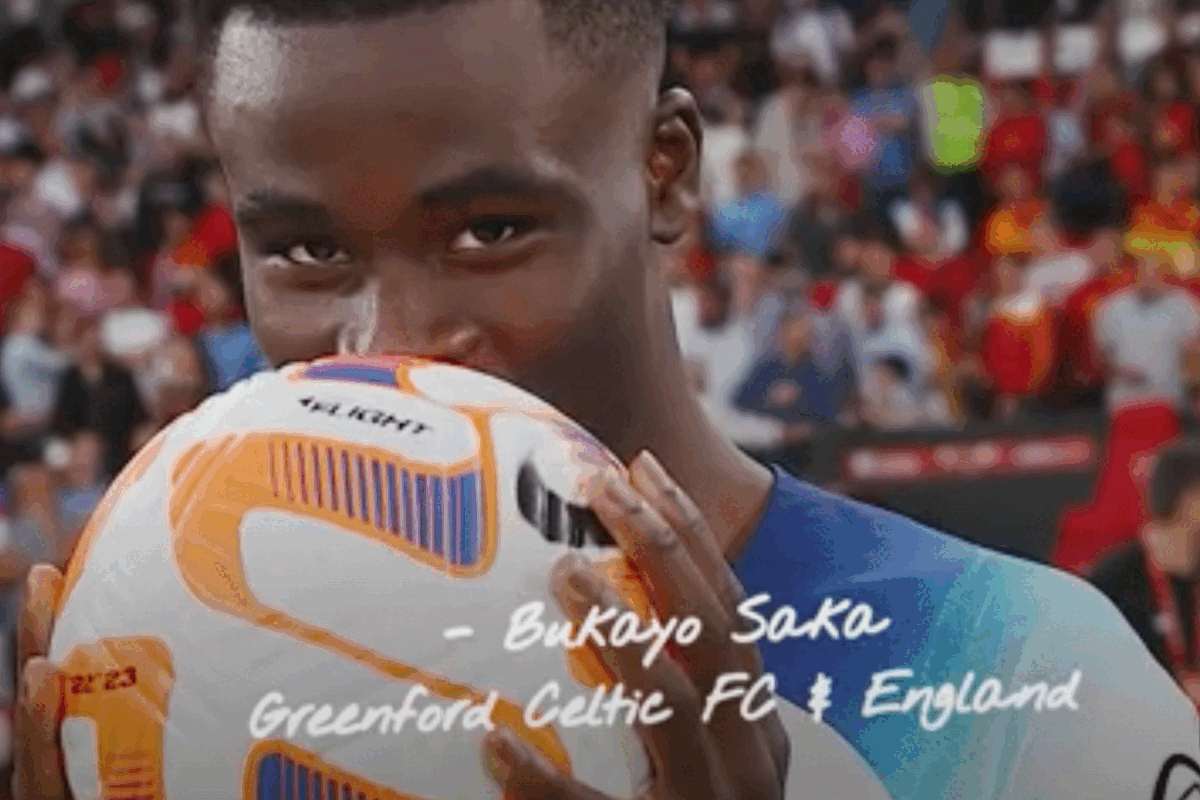Tinder CEO Talks Making Money: “It actually helps the ecosystem”
- Friday, April 22nd, 2016
- Share this article:
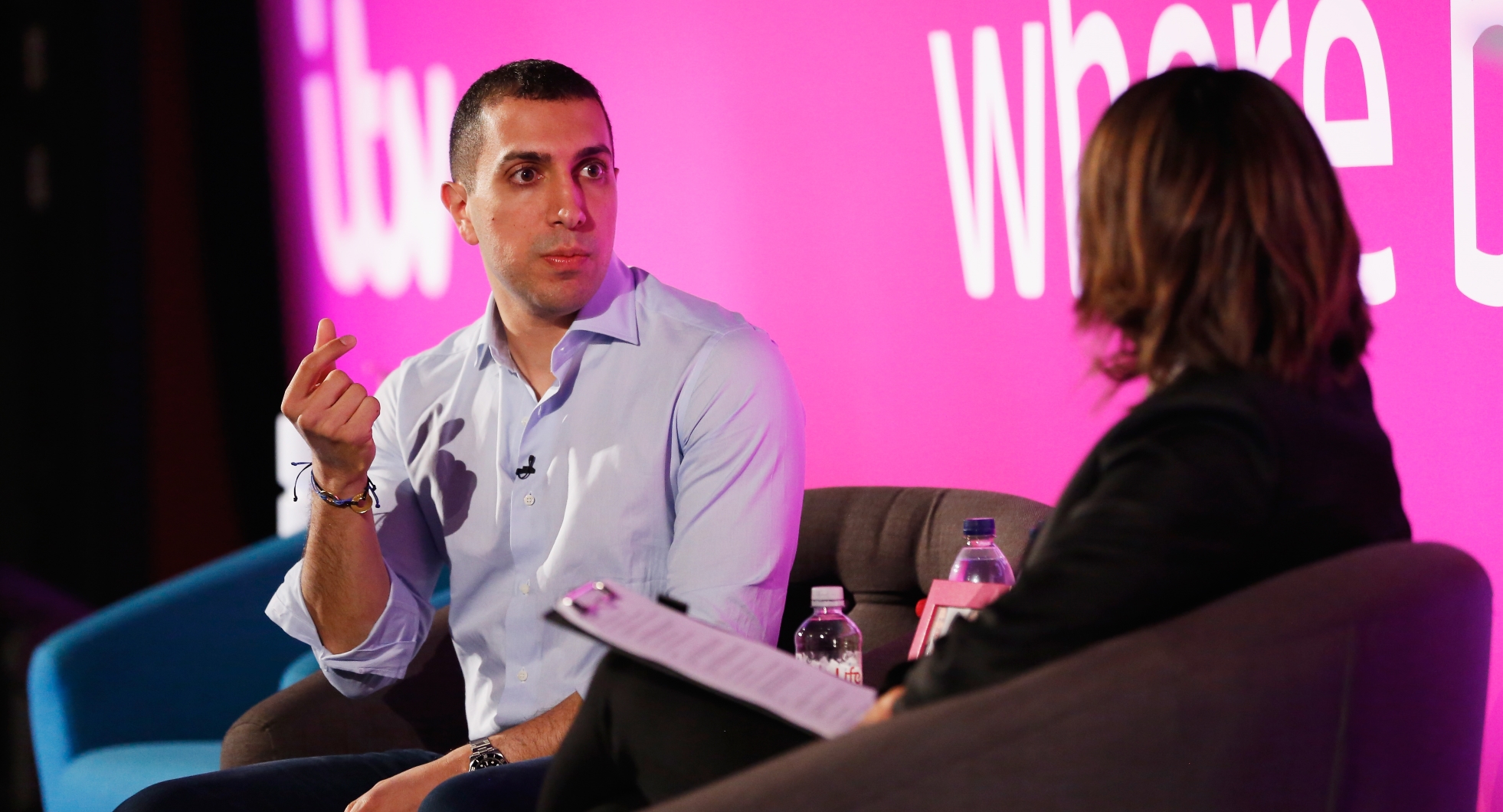 “Whats great about advertising is that people are on Tinder to meet new people and discover new things, so its a perfect place for a brand which has a story,” said Sean Rad, founder & CEO of dating app Tinder.
“Whats great about advertising is that people are on Tinder to meet new people and discover new things, so its a perfect place for a brand which has a story,” said Sean Rad, founder & CEO of dating app Tinder.
Rad was speaking at Ad Week Europe, where he addressed a number of topics, from the origins of Tinder (“It took 23 days to build the prototype version of the app”) to being temporarily replaced as Tinders CEO in 2014 (“in hindsight, getting fired was one of the best things that ever happened to me”). But, with the apps 50m-strong userbase, the conversational inevitably turned to how Tinder is making money – and how it intends to make more.
“There was a period of time where we were working with brands just because they had interesting things to say,” said Rad. “And at a certain point, we were thinking: were driving a lot of value for the people were working with, this is a great basis for an advertising platform.
“Starting out, we wanted to make sure we got the product perfect for users and for brands, to make sure were driving value for both parties. There was a lot of demand for brands to work with us so we were more selective about who we worked with – but now the platform is opening up.”
Ads arent the only way Tinder is generating income, though. It also offers Tinder Plus, a monthly subscription with various added features.
“Tinder is free, and it will always be free – but there are a series of premium features that we offer, that some users may find value from and be willing to pay for,” said Rad. “We love the subscription model because a few people pay for everyone else to be free.”
Rad claimed that charging for these features “actually helps the ecosystem”. He used the example of the Passport feature, which lets users change their location to another country while travelling. By making this a limited-access feature, he said, “it maintains the integrity of the platform”, by not allowing any user to change location as they please.
Similarly, Rad pointed to super likes, which are available to regular free users at a rate of one a day but five a day for Plus users. “If everyone had unlimited or they were free, it wouldnt mean anything,” he said. By charging users, by making it a scarce asset, youre affecting behaviour.”
Rad also talked a little about the future of Tinder, and how the company generates idea: “I use Tinder to talk to our users, and find out what their problems are with the app. A lot of our great ideas come form those conversations that I have. All the data in the world doesnt compare to actually talking to users.”
But if you really want to know the future of the dating app, look to Australia. “We test a lot of ideas there,” said Rad. “Theres not a lot of science behind it, but because Australia is isolated geographically, theres not a lot of cross-pollination between countries. Plus, users in Australia tend to be early adopters – its a cultural thing in the country.”




